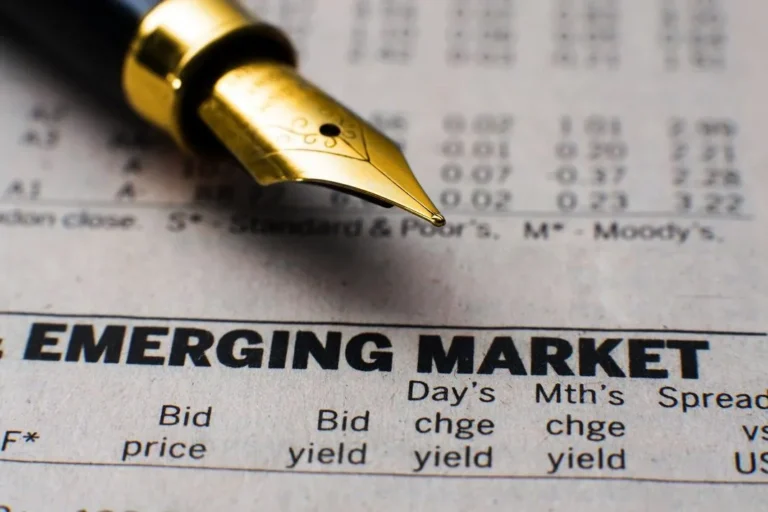
Silicon Valley has long been a symbol of innovation and progress, with tech giants like Apple, Google, Amazon, and Facebook at the forefront of the digital revolution. The sector has consistently delivered impressive growth, driving stock prices to unprecedented heights and attracting investors worldwide. However, beneath the surface of this rapid expansion, there are growing concerns about the sustainability of the tech industry’s meteoric rise. Many experts are starting to ask: Is Silicon Valley’s growth built on a bubble?
The Rise of Tech Stocks
Tech stocks have been the darlings of Wall Street for over a decade. With the world becoming increasingly reliant on digital technologies, companies in software, cloud computing, artificial intelligence (AI), and social media have been rewarded with massive valuations. In particular, the COVID-19 pandemic accelerated the adoption of digital tools, from remote working software to e-commerce platforms, further fueling the tech sector’s dominance in global markets.
This surge in tech stock prices has led to astronomical market capitalizations for companies that were once considered upstarts. For instance, Apple became the first to reach a $2 trillion market value. In contrast, Amazon, Microsoft, and Alphabet (Google’s parent company) have seen their valuations skyrocket as they diversify and expand into various sectors.
The growth of these companies has been driven by their ability to innovate and create products that have reshaped industries. However, this rapid ascent has also sparked concerns about whether these valuations genuinely reflect the companies’ fundamental worth.
The Tech Bubble: History Repeating Itself?
The term “tech bubble” is not new. In the late 1990s and early 2000s, the dot-com bubble saw the stock prices of internet companies soar to unsustainable levels, only to crash when the market realized that many of these companies had little more than an unproven business model and unrealistic projections for future growth. The dot-com bubble burst resulted in massive investor losses and a significant downturn in the tech sector.
Some fear that we may witness a similar situation today, albeit with more established companies at the center. The soaring stock prices of major tech firms and the increasingly speculative nature of investments in newer tech startups raise red flags. Critics argue that many tech stocks are overvalued, with prices not supported by traditional metrics like earnings or revenue.
The Role of Venture Capital and Speculation
Venture capital (VC) has played a significant role in fueling the rise of tech stocks. Often with little more than an idea and a strong pitch, startups can raise billions of dollars in funding from venture capitalists eager to get in on the next big thing. This influx of capital drives up valuations, creating an ecosystem where even unprofitable companies can remain afloat for years as long as investors believe in their potential for future growth.
While this speculative investment drives Silicon Valley’s growth, it also creates a dangerous cycle. Many startups are expected to grow exponentially but with no guarantee of profitability. The pressure to scale quickly can lead to risky business practices, unrealistic projections, and even outright fraud, as investors bet on a company’s potential rather than its actual performance. If the growth fails to materialize or the market shifts, these companies can face significant losses, leading to the potential collapse of their stock prices.
Overvaluation and Market Correction Risks
The biggest concern with tech stocks today is the risk of overvaluation. While some companies like Apple and Microsoft have proven their resilience and profitability over time, others—particularly in emerging fields like AI and cryptocurrency—are trading at inflated prices. For instance, some tech startups have been valued at billions of dollars despite having little to show in revenue or profits.
This creates a scenario where even a tiny market correction or economic downturn could trigger massive sell-offs in tech stocks. Investors pouring money into these overvalued companies could face significant losses if the market turns against them. A correction could also result in a loss of confidence in the tech sector, causing broader economic implications.
Tech’s Dependency on Capital and Regulatory Challenges
Another hidden danger for tech stocks is the industry’s dependency on continuous capital influx and innovation. Many tech companies rely on large-scale investments to fund their operations, marketing, and research and development. If funding dries up or investors become wary of the sector’s long-term prospects, it could lead to a slowdown in growth, layoffs, and even bankruptcies.
Additionally, increased government regulation could pose a significant threat to the dominance of Silicon Valley giants. Antitrust investigations into companies like Google and Facebook have gained momentum in recent years as governments worldwide look to rein in the power of these tech behemoths. Stricter regulations could hinder growth, disrupt business models, and lead to costly legal battles that hurt stock prices.
The Bottom Line: A Sustainable Future?
While Silicon Valley’s growth has been nothing short of extraordinary, the underlying risks of tech stocks cannot be ignored. The sector’s dependence on speculation, venture capital, and overvaluation leaves it vulnerable to market corrections and external factors. Investors must ask themselves whether the rapid rise of tech stocks is sustainable or simply a bubble waiting to burst.
The tech sector offers tremendous potential for those willing to take the risk. However, it is essential for investors to be mindful of the hidden dangers lurking beneath the surface and to approach the world of tech stocks with caution, aware that today’s Silicon Valley giants may not be immune to the same fate as the dot-com bubble of the past. Only time will tell whether the growth of tech stocks is built on a solid foundation or a fleeting illusion.







